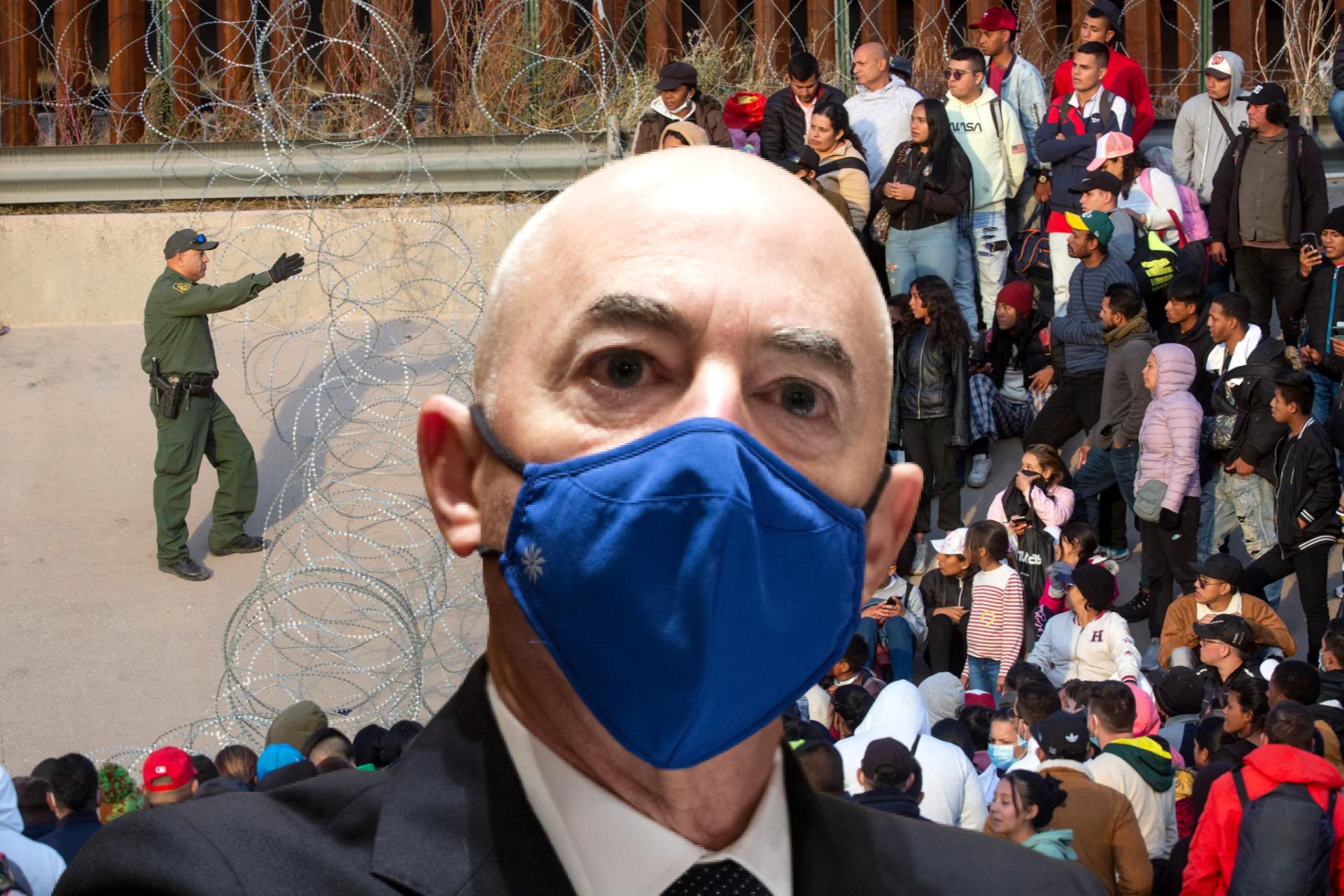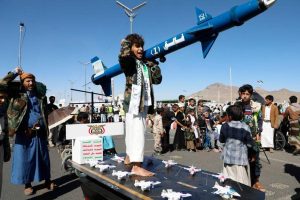WASHINGTON, D.C. — The House Committee on Homeland Security, led by Chairman Mark E. Green, MD (R-TN), will hold a Full Committee hearing to kick off an investigation into Department of Homeland Security (DHS) Secretary Alejandro Mayorkas’ dereliction of duty.
WHAT: A House Committee on Homeland Security hearing entitled, “Open Borders, Closed Case: Secretary Mayorkas’ Dereliction of Duty on the Border Crisis.”
DATE: Wednesday, June 14, 2023
TIME: 10:00 AM ET
LOCATION: 310 Cannon House Office Building
WITNESSES:
Chad Wolf
Former Acting Secretary, U.S. Department of Homeland Security
Rodney Scott
Visiting Fellow, Texas Public Policy Foundation; former Border Patrol Chief, U.S. Customs and Border Protection, U.S. Department of Homeland Security
Joe Edlow
Managing Member, the Edlow Group; former Acting Director of U.S. Citizenship and Immigration Services (USCIS), U.S. Department of Homeland Security
Witness testimony can be found here. The hearing will be open to the public and press. Press must be congressionally credentialed and must RSVP by Tuesday, June 13 at 6pm ET.
MARGARET BRENNAN: We’re joined now by the Homeland Security Secretary Alejandro Mayorkas. It’s good to have you here in person, sir.
HOMELAND SECURITY SECRETARY ALEJANDRO MAYORKAS: Good morning, Margaret.
MARGARET BRENNAN: Before we get to migration, I want to ask, do you have any information about this latest mass shooting in Texas, which may have been with an AR-15 style weapon?
SECY. MAYORKAS: Margaret, another horrific tragedy in our country. I spoke with the governor last night as well as the mayor. The matter is still under investigation. So of course, I can’t comment any further.
MARGARET BRENNAN: No information about the shooter?
SECY. MAYORKAS: No, Margaret, I think it’s- it’s under investigation. The state and local authorities are leading that investigation.
MARGARET BRENNAN: Let’s get to the border. This is the greatest migration surge, you said, in the Western Hemisphere since World War II. And you’ve been preparing for more than a year and a half. How rough will the next few weeks be?
SECY. MAYORKAS: You know, Margaret, we’ve been preparing for this for more than a year and a half, you are correct. And it is indeed a regional challenge. And it requires a regional response, which is why we are working so closely with many countries to the south. With the Los Angeles declaration that we achieved at the Summit of the Americas as our foundational approach. I think we’re going to see larger numbers at first. It’s going to take our plan a while to really take hold for people to understand that they can access lawful, safe, orderly pathways before they reach the border. And quite frankly, if they come to the border, they will receive a consequence under our enforcement authorities.
MARGARET BRENNAN: So you are, as an administration, setting up processing centers in Colombia and Guatemala so migrants can start the asylum process before they make it to the border. But those aren’t set up yet. When will those be functional?
SECY. MAYORKAS: So, we are furthest along with Colombia. It should be a matter of weeks. But we also have additional lawful pathways that already have existed for people to access–
MARGARET BRENNAN: The phone apps.
SECY. MAYORKAS: Yes, the parole program for Cubans, Haitians, Nicaraguans and Venezuelans. We are expanding our family reunification programs. We have an obligation not only as a matter of security, but as a matter of humanitarian relief, to cut out the smuggling organizations, to reach the people so they don’t have to put their lives in the hands of those ruthless smugglers that impose such tragedy and trauma.
MARGARET BRENNAN: So you have announced 1500 troops that are going to El Paso, Texas. Why not other parts of the border? Is Texas the most porous area?
SECY. MAYORKAS: Well, they will be dispersed as operational needs require. Something’s very important- something very important to note, since 2006, every single year since 2006, we have relied on the Department of Defense to supplement our personnel and our resources at the border. We have never been resourced appropriately. And so the deployment of active duty troops is not to do enforcement work, not to interact with the migrants, but to provide other support so that our border patrol agents can be out in the field doing the work–
MARGARET BRENNAN: So you’re- you’re talking about office work. No active-duty military will interact with migrants period?
Source HLS.Today – GOV.DHS







